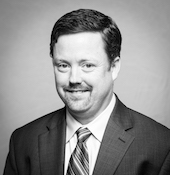
Author:
Kelly Senecal
Owner and Vice President of Convergent Science
2019 proved to be an exciting and eventful year for Convergent Science. We released the highly anticipated major rewrite of our software, CONVERGE 3.0. Our United States, European, and Indian offices all saw significant increases in employee count. We have also continued to forge ahead in new application areas, strengthening our presence in the pump, compressor, biomedical, aerospace, and aftertreatment markets, and breaking into the oil and gas industry. Of course, we remain dedicated to simulating internal combustion engines and developing new tools and resources for the automotive community. In particular, we are expanding our repertoire to encompass batteries and electric motors in addition to conventional engines. Our team at Convergent Science continues to be enthusiastic about advancing simulation capabilities and providing unmatched customer support to empower our users to tackle hard CFD problems.
As I mentioned above, this year we released a major new version of our software, CONVERGE 3.0. We have frequently discussed 3.0 in the past few months, including in my recent blog post, so I’ll keep this brief. We set out to make our code more flexible, enable massive parallel scaling, and expand CONVERGE’s capabilities. The results have been remarkable. CONVERGE 3.0 scales with near-ideal efficiencies on thousands of cores, and the addition of inlaid meshes, new physical models, and enhanced chemistry capabilities have opened the door to new applications. Our team invested a lot of effort into making 3.0 a reality, and we’re very proud of what we’ve accomplished. Of course, now that CONVERGE 3.0 has been released, we can all start eagerly anticipating our next major release, CONVERGE 3.1.
2019 was a big year for the Computational Chemistry Consortium (C3). In July, the first annual face-to-face meeting took place at the Convergent Science World Headquarters in Madison, Wisconsin. Members of industry and researchers from the National University of Ireland Galway, Lawrence Livermore National Laboratory, RWTH Aachen University, and Politecnico di Milano came together to discuss the work done during the first year of the consortium and establish future research paths. The consortium is working on the C3 mechanism, a gasoline and diesel surrogate mechanism that includes NOx and PAH chemistry to model emissions. The first version of the mechanism was released this fall for use by C3 members, and the mechanism will be refined over the coming years. Our goal is to create the most accurate and consistent reaction mechanism for automotive fuels. Stay tuned for future updates!
Barcelona played host to this year’s European CONVERGE User Conference. CONVERGE users from across Europe gathered to share their recent work in CFD on topics including turbulent jet ignition, machine learning for design optimization, urea thermolysis, ammonia combustion in SI engines, and gas turbines. The conference also featured some exciting networking events—we spent an evening at the beautiful and historic Poble Espanyol and organized a kart race that pitted attendees against each other in a friendly competition.
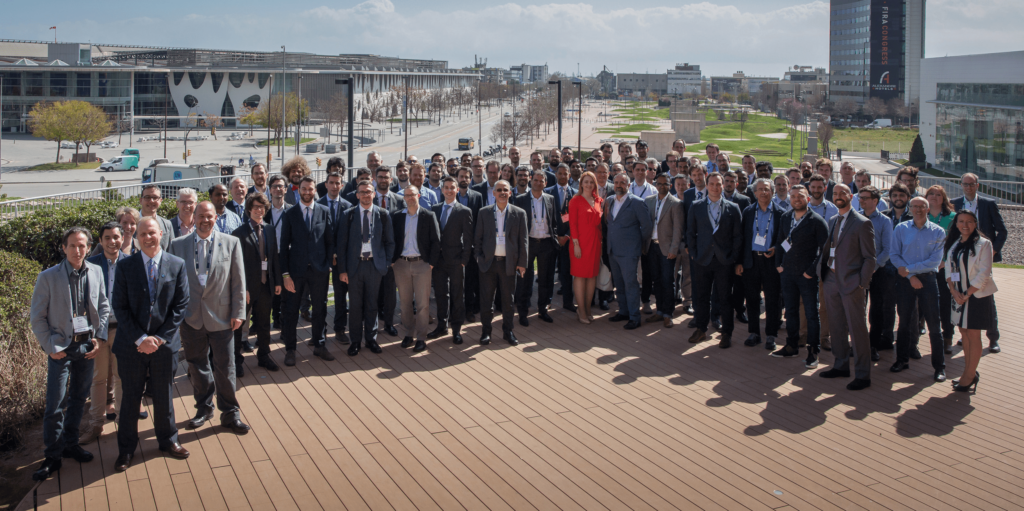
This year we hosted our first-ever CONVERGE User Conference–India in Bangalore and Pune. The conference consisted of two events, each covering different application areas. The event in Bangalore focused on applications such as gas turbines, fluid-structure interaction, and rotating machinery. In Pune, the emphasis was on IC engines and aftertreatment modeling. We saw presentations from both companies and universities, including General Electric, Cummins, Caterpillar, and the Indian Institutes of Technology Bombay, Kanpur, and Madras. We had a great turnout for the conference, with more than 200 attendees across the two events.
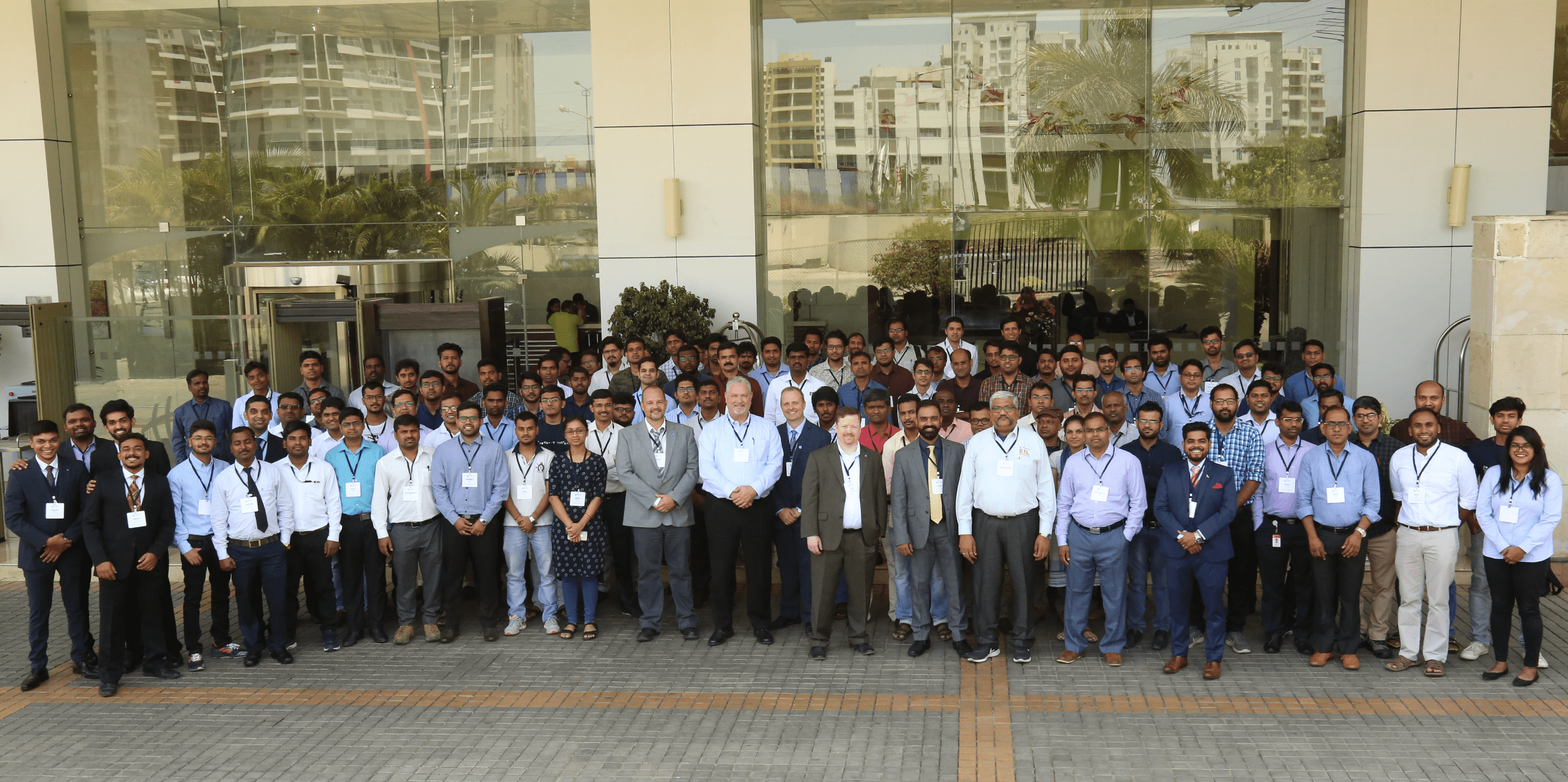
The sixth annual CONVERGE User Conference–North America took place in New Orleans, Louisiana. Attendees came from industry, academic institutions, and national laboratories in the U.S. and around the globe. The technical presentations covered a wide variety of topics, including flame spray pyrolysis, rotating detonation engines, machine learning, pre-chamber ignition, blood pumps, and aerodynamic characterization of unmanned aerial systems. This year, we hosted a panel of CFD and HPC experts to discuss scaling CFD across thousands of processors; how to take advantage of clusters, supercomputers, and the cloud to run large-scale simulations; and how to post-process large datasets. For networking events, we took a dinner cruise down the Mississippi River and encouraged our guests to explore the vibrant city of New Orleans.
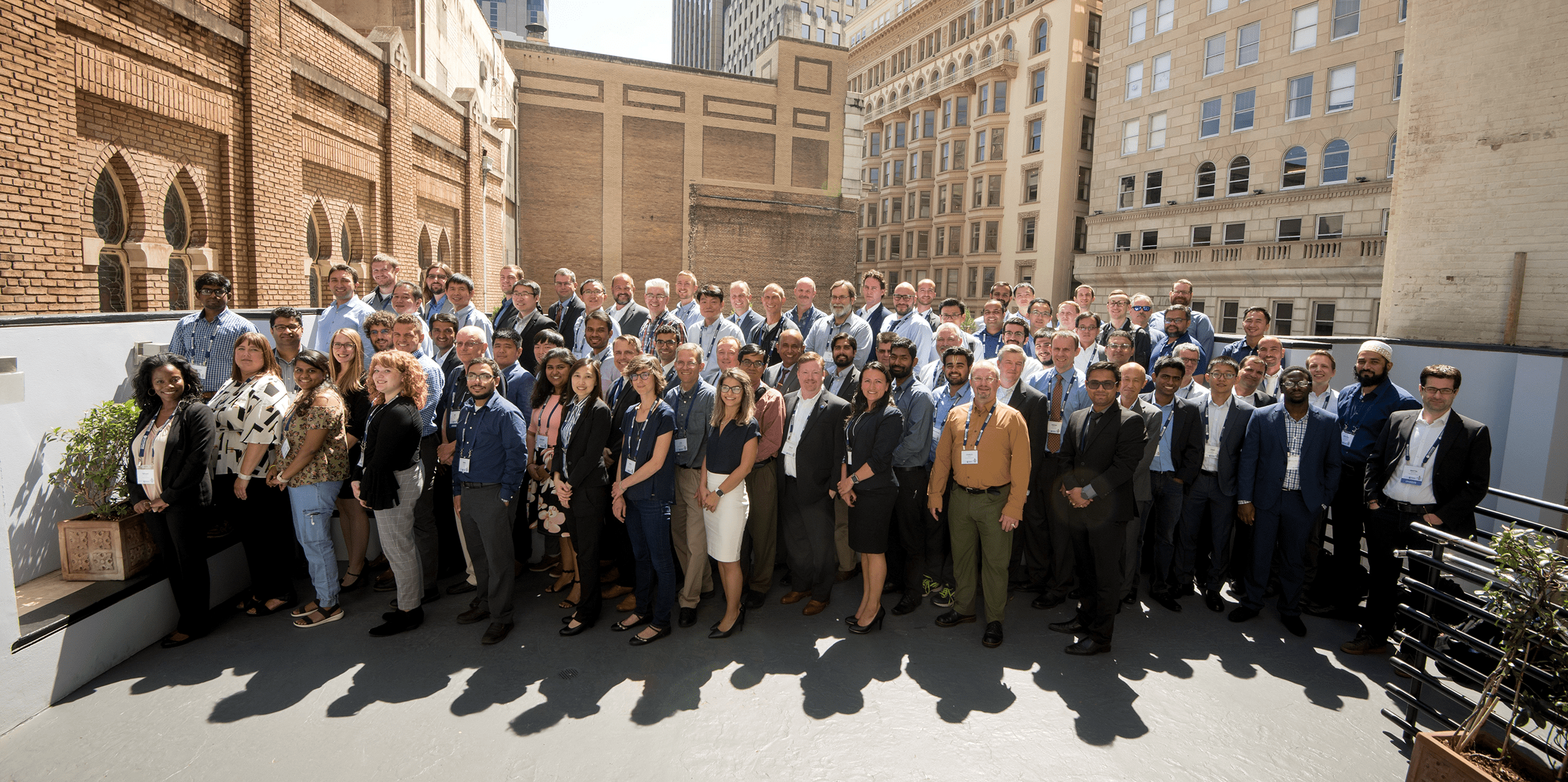
In 2019, we hosted the First CONVERGE Training Workshop and User Meeting at the King Abdullah University of Science and Technology (KAUST) in Saudi Arabia. Attendees came from KAUST and other Saudi Arabian universities and companies for two days of keynote presentations, hands-on CONVERGE tutorials, and networking opportunities. The workshop focused on leveraging CONVERGE for a variety of engineering applications, and running CONVERGE on local workstations, clusters, and Shaheen II, a world-class supercomputer located at KAUST.
We and our colleagues at Argonne National Laboratory and Aramco Research Center – Detroit received this year’s 2019 HPCwire Editors’ Choice Award in the category of Best Use of HPC in Automotive. We were incredibly honored to receive this award for our work using HPC and AI to quickly optimize the design of a clean, highly efficient gasoline compression ignition engine. Using CONVERGE, we tested thousands of engine design variations in parallel to improve fuel efficiency and reduce emissions. We ran the simulations in days, rather than months, on an IBM Blue Gene/Q supercomputer located at Argonne National Laboratory and employed machine learning to further reduce design time. After running the simulations, the best-performing engine design was built in the real world. The engine demonstrated a reduction in CO2 of up to 5%. Our work shows that pairing HPC and AI to rapidly optimize engine design has the potential to significantly advance clean technology for heavy-duty transportation.
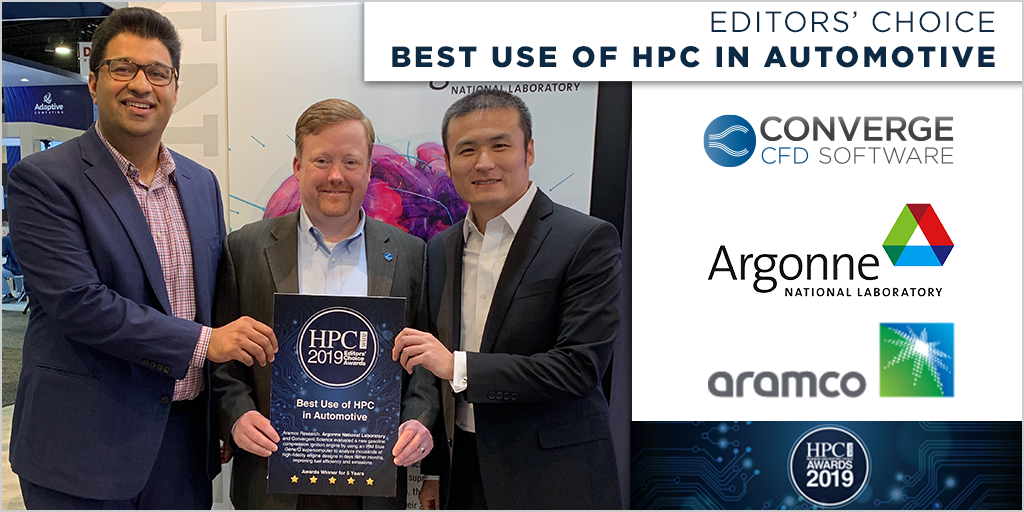
2019 was a great year for CONVERGE and Convergent Science around the world. In the United States, we gained nearly 20 employees. We added a new Convergent Science office in Houston, Texas, to serve the oil and gas industry. In addition, we have continued to increase our market share in other areas, including automotive, gas turbine, and pumps and compressors.
In Europe, we had a record year for new license sales, up 70% from 2018. A number of new employees joined our European team, including new engineers, sales personnel, and office administrators. We attended and exhibited at tradeshows on a breadth of topics all over Europe, and we expanded our industry and university clientele.
Our Indian office celebrated its second anniversary in 2019. The employee count nearly doubled in size from 2018, with the addition of several new software developers and marketing and support engineers. The first Indian CONVERGE User Conference was a huge success–we had to increase the maximum number of registrants to accommodate everyone who wanted to attend. We have also grown our client base in the transportation sector, bringing new customers in the automotive industry on board.
In Asia, our partners at IDAJ continue to do a fantastic job supporting CONVERGE. CONVERGE sales significantly increased in 2019 compared to 2018. And at this year’s IDAJ CAE Solution Conference, speakers from major corporations presented CONVERGE results, including Toyota, Daihatsu, Mazda, and DENSO.
While we like to recognize the successes of the past year, we’re always looking toward the future. Computing technology is constantly evolving, and we are eager to keep advancing CONVERGE to make the most of the increased availability of computational resources. With the expanded functionality that CONVERGE 3.0 offers, we’re also looking forward to delving into untapped application areas and breaking into new markets. In the upcoming year, we are excited to form new collaborations and strengthen existing partnerships to promote innovation and keep CONVERGE on the cutting-edge of CFD software.


